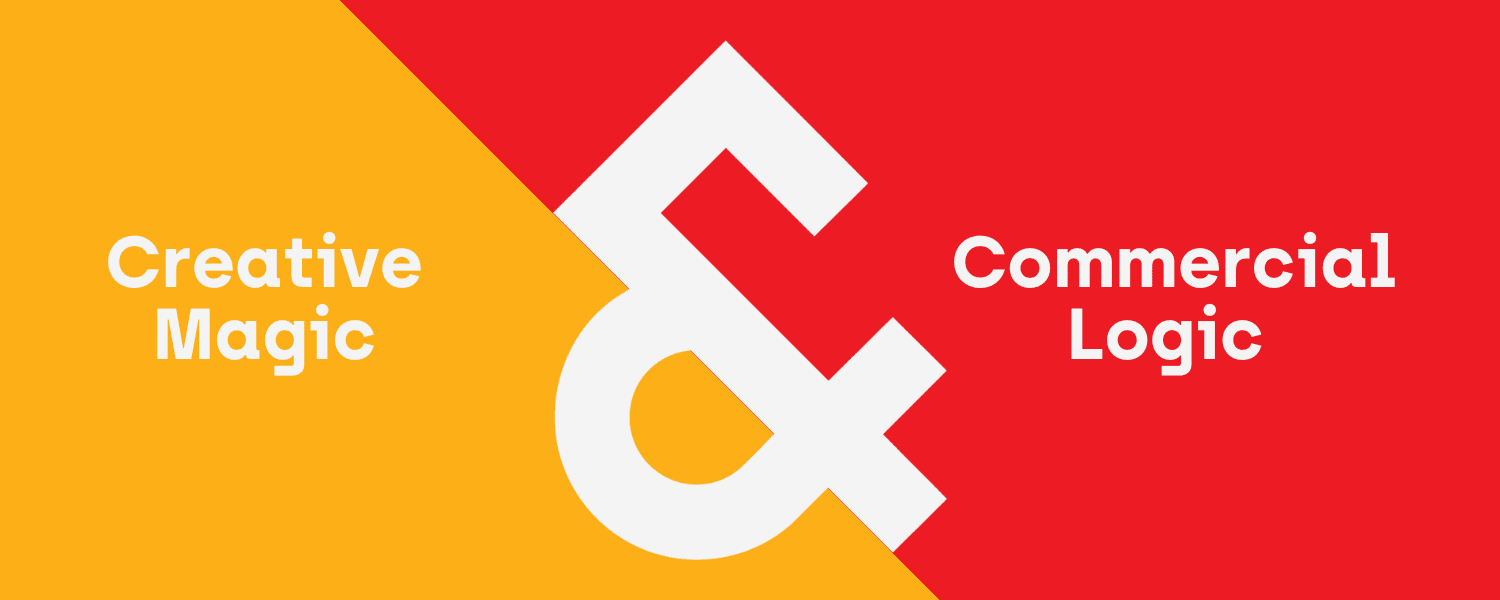
Impact of COVID-19 an economics slant on potential consumer reaction post-lockdown
 BOOM! Just like that, the world as we experience it has changed. The COVID-19 pandemic has altered every sphere of our lives. The pandemic has made it necessary to be in lockdown and we are restricted in our movements. Suddenly, we can’t go to work or school, can’t take walks, can’t visit our friends and extended family members. We can’t even go shopping other than for essentials! What kind of world order are we suddenly evolving into? None of us, not even our grandparents or great grandparents in the first or second world wars have ever experienced anything like this. For the first time in history, we have over four generations working at the same time and are all figuring out how to work and live under such conditions. We’re all anxious and the future looks uncertain.
BOOM! Just like that, the world as we experience it has changed. The COVID-19 pandemic has altered every sphere of our lives. The pandemic has made it necessary to be in lockdown and we are restricted in our movements. Suddenly, we can’t go to work or school, can’t take walks, can’t visit our friends and extended family members. We can’t even go shopping other than for essentials! What kind of world order are we suddenly evolving into? None of us, not even our grandparents or great grandparents in the first or second world wars have ever experienced anything like this. For the first time in history, we have over four generations working at the same time and are all figuring out how to work and live under such conditions. We’re all anxious and the future looks uncertain.
Although lockdown is necessary for the fight against the COVID-19; it has some unfortunate and disastrous consequences for the economy. The mood has evolved from being a health scare into an economic scare as people are scared of losing their disposable income, savings, investment and even pension funds. The economic impact of COVID-19 can be summarised as follows:
Smaller businesses are most affected
Businesses (particularly small, medium and micro businesses) are losing profits because of the lack of consumer demand/spending as citizens are told to #stayathome. Those businesses that do not receive financial support from the government face the prospect of shutting down as a result. This will lead to either huge job losses and/or a decrease in wages or income for employees, ultimately putting a huge burden on households, and exacerbating poverty and unemployment in the country.
A consolation for businesses would be if the subdued consumer spending is a temporary situation. However, nobody really knows what the world will look like after the lockdown. It is no doubt too soon to predict how consumers are likely to react post-lockdown in terms of their spending patterns because the situation is still very much fluid. Health experts say that South Africa has not even reached the peak of the pandemic. The South African government is faced with the predicament of saving lives and saving the economy.
Prediction: 3 types of consumers will emerge
What economists assume is that individuals are rational beings and that they act on their own self-interests. There are three types of consumers that will emerge post-lockdown. The first type are consumers who are going to go back to pre-pandemic spending behaviour. These consumers will typically be low-income consumers. They have no option but to continue on the same trajectory of going to shops to buy goods because they have no other means of acquiring the necessary goods. They have very little savings, consume all their income, and as such, do not have the luxury of stockpiling or buying in bulk.
On the opposite spectrum are consumers who totally change their spending behaviour by using technology and the internet to buy groceries and other goods online because they are cautious about hygiene and actually can afford to be. This will be middle to high-income individuals. These types of consumers totally change their spending behaviour by switching from going to the shops physically to the virtual world and embrace E-Commerce. They will also buy in bulk to avoid the disappointment of shops running out of stock. These consumers are also likely to reduce the number of visits to gyms as they have become accustomed to exercising at home. Technology-enhancing experiences will have become paramount.
The last type of consumers are the ones who are likely to exhibit a combination of the two. These consumers still prefer going to buy goods in person but have altered the way they view life and how it should be lived. They prefer to continue to embrace social distancing and avoid crowded places. These consumers will also use online shopping but will also go to shops, while also continuing with hygiene practices, albeit less often than before COVID-19.
Shared consumer caution
Nevertheless, one thing may be common among the three types of consumers and that is all consumers will be more cautious about spending and hygiene given the lingering feelings of the health risk, job losses, depleted savings and increased indebtedness. It is unlikely that consumers will spend too much too soon after the lockdown. This will have adverse effects on the services sector and the country’s economic growth because the services sector is the largest employer and contributor to the gross domestic product (GDP). It will take some time before businesses see a surge in consumer spending. It is going to take months if not years post-lockdown for the consumer behaviour to get back to normal, if at all…
About the Author: Refilwe Lepelle
Refilwe is one of our amazing Red & Yellow lecturers, specialising in Economics. She has a M.Com in Economics (Wits) and is currently pursuing a PhD in Economics (thesis under examination), and is particularly interested in International trade, Labour Economics Development Economics and Gender. In her spare time she likes to travel, read books, watch series and spend time with her family and friends (pre- and hopefully post-Lockdown).

 BOOM! Just like that, the world as we experience it has changed. The COVID-19 pandemic has altered every sphere of our lives. The pandemic has made it necessary to be in lockdown and we are restricted in our movements. Suddenly, we can’t go to work or school, can’t take walks, can’t visit our friends and extended family members. We can’t even go shopping other than for essentials! What kind of world order are we suddenly evolving into? None of us, not even our grandparents or great grandparents in the first or second world wars have ever experienced anything like this. For the first time in history, we have over four generations working at the same time and are all figuring out how to work and live under such conditions. We’re all anxious and the future looks uncertain.
BOOM! Just like that, the world as we experience it has changed. The COVID-19 pandemic has altered every sphere of our lives. The pandemic has made it necessary to be in lockdown and we are restricted in our movements. Suddenly, we can’t go to work or school, can’t take walks, can’t visit our friends and extended family members. We can’t even go shopping other than for essentials! What kind of world order are we suddenly evolving into? None of us, not even our grandparents or great grandparents in the first or second world wars have ever experienced anything like this. For the first time in history, we have over four generations working at the same time and are all figuring out how to work and live under such conditions. We’re all anxious and the future looks uncertain. 